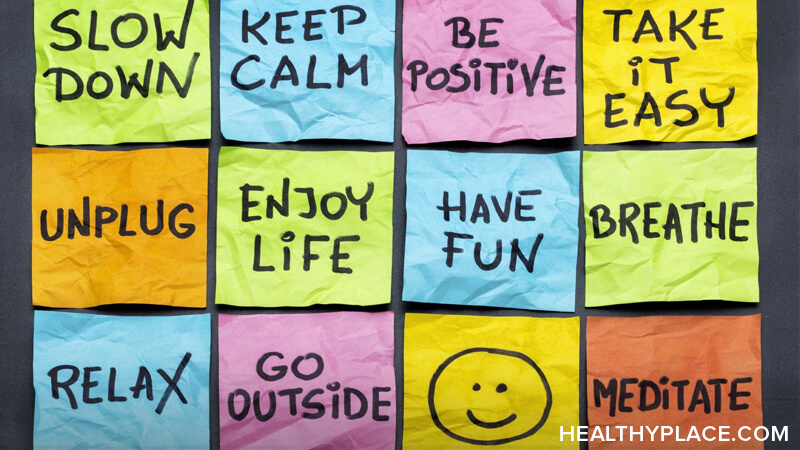2 Analogies That Symbolize the Importance of Self-Care

While common responsibilities include working, raising families, going to school, and doing household chores, practicing self-care is just as important. Yet, we often do not make it a priority. One reason is that we are busy thinking about other things and helping other people. However, we need self-care to function well in life. To learn more about self-care and two analogies that represent its importance, continue reading this post.
Why Is Self-Care Important?
Before we get into the analogies symbolizing the importance of self-care, let's talk about what self-care means and how to use it effectively. Shannon DuPree, Director of Wellness at North Carolina State University, defines self-care as,
"the active participation in enhancing the quality of your health and wellbeing."1
DuPree stresses the importance of managing your mental, emotional, and physical health by "doing small things every day."1
In addition to the three areas mentioned by DuPree, trauma prevention expert Olga Phoenix emphasized the importance of caring for three more parts of our lives. The self-care wheel she created includes components of our spiritual, psychological, and professional wellness.2
Some examples of self-care activities are exercising, eating a healthy diet, talking to family members and friends, meditating, enjoying a fun hobby, and practicing proper sleep hygiene. Now that we know what self-care means and how to practice it, let's move on to two analogies that symbolize the importance of self-care.
2 Analogies That Represent the Importance of Self-Care
1. The Broken Phone Analogy
The consequences of not practicing self-care are like that of continuously using a broken phone. Yes, it works, but it doesn't work as well as it could if it were in good condition. It glitches sometimes, and unless it is treated, it will continue to glitch. Eventually, it will stop working.
Permanent phone damage can be prevented by covering the phone with a case, keeping it out of the water, and storing it in the same place all the time. Taking action quickly increases the chances of a full recovery. Similarly, practicing self-care by forming and maintaining healthy habits reduces our stress. A decrease in stress helps us to strengthen our relationships, gain mental and physical energy, and improve our grades and/or work performance.
2. The Ripped Clothing Analogy
In addition to the broken phone analogy, the consequences of neglecting self-care are similar to those of wearing ripped clothing. At first, small tears in clothing can seem like no big deal. However, our constant movements create stress and friction on the material. Thus, the rips become more noticeable. For instance, holes in socks make it uncomfortable to walk. They also create a distraction, which prevents us from doing our best work.
Similarly, neglecting self-care leads to physical pain and emotional stress. As time goes by, these issues worsen. Just like wearing new socks makes us feel and perform better mentally and physically, practicing self-care helps us improve our ability to function in every aspect of our lives.
Hopefully, these analogies will give you a greater appreciation for self-care. Do you have any self-care activities you enjoy doing? Or can you think of an analogy symbolizing the importance of self-care? If so, please share in the comments.
Sources
- Gallo, S., "Simplifying Self-Care: How to Incorporate Wellness Into Your Daily Routine." NAMI Wake County, Accessed September 5, 2021.
- Phoenix, O., "Self-Care Wheel." Olga Phoenix, Accessed September 5, 2021.
APA Reference
Lueck, M.
(2021, September 5). 2 Analogies That Symbolize the Importance of Self-Care, HealthyPlace. Retrieved
on 2026, March 5 from https://www.healthyplace.com/blogs/toughtimes/2021/9/2-analogies-that-symbolize-the-importance-of-self-care
Author: Martha Lueck
Yes! These are both spot on. Sometimes we need something like these analogies to make the importance of self-care this undeniable. When we're in our day-to-day we can easily put other people and other things above our own care, but these analogies remind us that when we care for ourselves, we are able to do all things that much better.